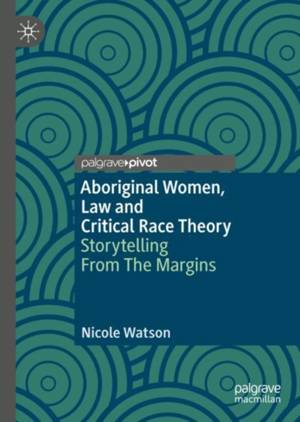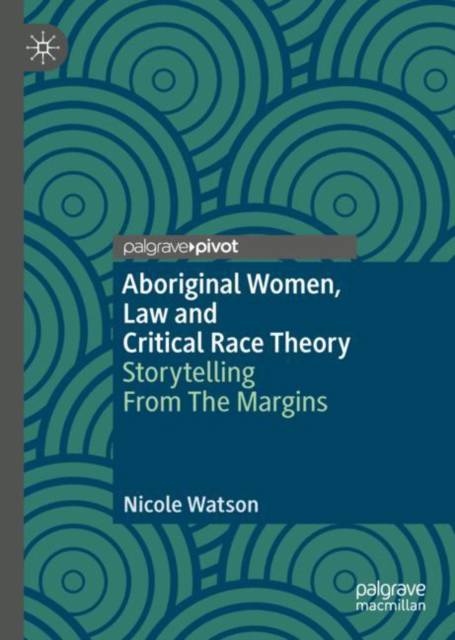
- Afhalen na 1 uur in een winkel met voorraad
- Gratis thuislevering in België vanaf € 30
- Ruim aanbod met 7 miljoen producten
- Afhalen na 1 uur in een winkel met voorraad
- Gratis thuislevering in België vanaf € 30
- Ruim aanbod met 7 miljoen producten
Zoeken
€ 122,45
+ 244 punten
Omschrijving
This book explores storytelling as an innovative means of improving understanding of Indigenous people and their histories and struggles including with the law. It uses the Critical Race Theory ('CRT') tool of 'outsider' or 'counter' storytelling to illuminate the practices that have been used by generations of Aboriginal women to create an outlaw culture and to resist their invisibility to law. Legal scholars are yet to use storytelling to bring the experiential knowledge of Aboriginal women to the centre of legal scholarship and yet this book demonstrates how this can be done by way of a new methodology that combines elements of CRT with speculative biography. In one chapter, the author tells the imagined story of Eliza Woree who featured prominently in the backdrop to the decision of the Supreme Court of Queensland in Dempsey v Rigg (1914) but whose voice was erased from the judgements. This accessible book adds a new and innovative dimension to the useof CRT to examine the nexus between race and settler colonialism. It speaks to those interested in Indigenous peoples and the law, Indigenous studies, Indigenous policy, Aboriginal and Torres Strait Islander history, feminist studies, race and the law, and cultural studies.
Specificaties
Betrokkenen
- Auteur(s):
- Uitgeverij:
Inhoud
- Aantal bladzijden:
- 102
- Taal:
- Engels
- Reeks:
Eigenschappen
- Productcode (EAN):
- 9783030873264
- Verschijningsdatum:
- 11/12/2021
- Uitvoering:
- Hardcover
- Formaat:
- Genaaid
- Afmetingen:
- 148 mm x 210 mm
- Gewicht:
- 308 g

Alleen bij Standaard Boekhandel
+ 244 punten op je klantenkaart van Standaard Boekhandel
Beoordelingen
We publiceren alleen reviews die voldoen aan de voorwaarden voor reviews. Bekijk onze voorwaarden voor reviews.







